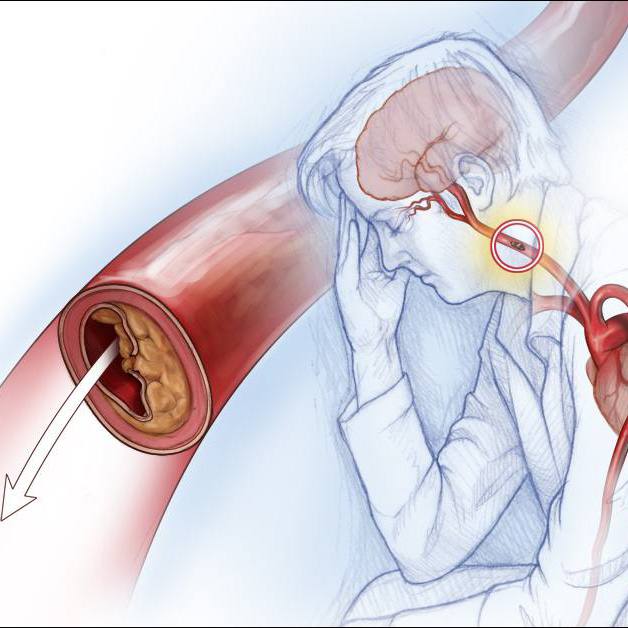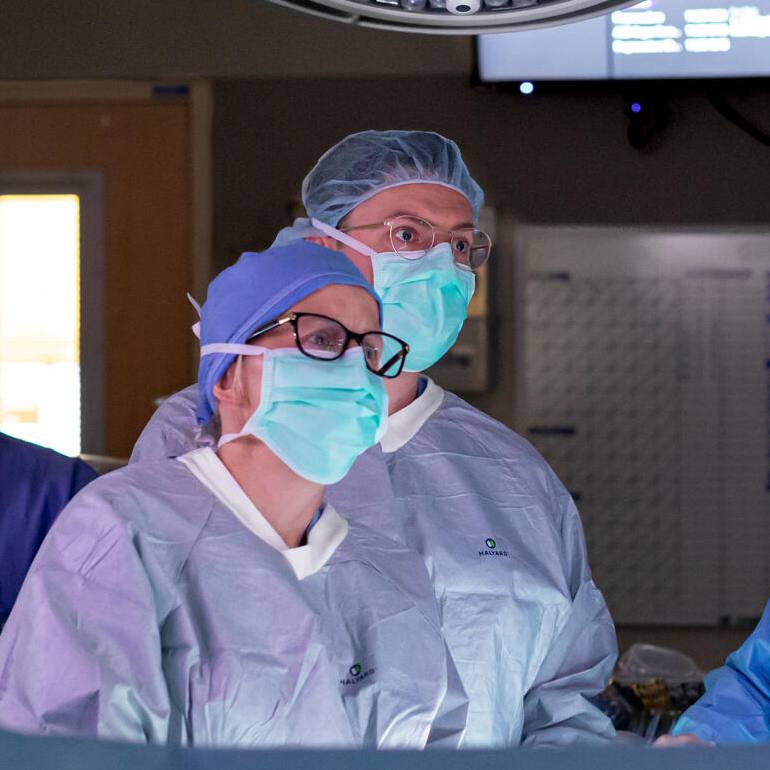-
Mayo Clinic Minute: Ice cream brain freeze, it’s a real thing
Did you know that July is National Ice Cream Month?
Have you ever enjoyed a sip of an ice-cold milkshake or taken a bite of an ice cream cone only to get an instant blast of pain or headache that lasts a few seconds? You're not alone. Dr. Amaal Starling, a neurologist at Mayo Clinic, says the condition is called a "cold-stimulus headache."
Journalists: Broadcast-quality video pkg (0:56) is in the downloads at the end of the post. Please courtesy: "Mayo Clinic News Network." Read the script.
Ice cream. It’s cold, delicious and sometimes painful.
"That’s commonly called a 'brain freeze' or an 'ice cream headache,' and, us doctors, we call that a 'cold-stimulus headache,'" says Dr. Starling.
Ingesting cold substances, like ice cream, too fast causes the size of the blood vessels to change rapidly.
"There are blood vessels that are inside the mouth in the back of the throat," says Dr. Starling. "And then when they are rapidly exposed to something very cold, they constrict or become smaller. And then they become larger. And when those blood vessels rapidly change size like that, it activates the pain receptors."
These blasts of pain can be intense but they typically last only a few seconds and aren’t dangerous. The best way to avoid an ice cream headache is trigger avoidance.
If you’re drinking something that’s cold ─ like a chocolate milkshake ─ Dr. Starling says just drink it with a smaller straw and drink it nice and slow.
For the safety of its patients, staff and visitors, Mayo Clinic has strict masking policies in place. Anyone shown without a mask was recorded prior to COVID-19 or recorded in an area not designated for patient care, where social distancing and other safety protocols were followed.
Related Articles







